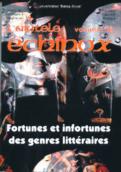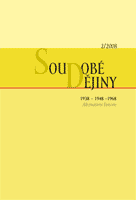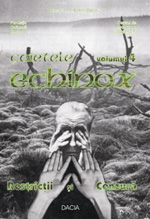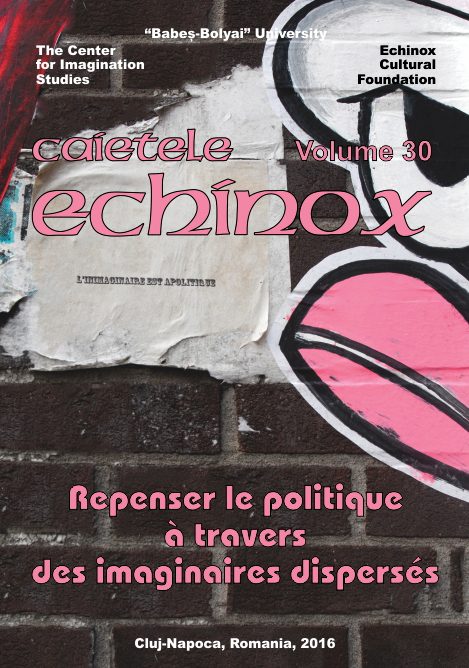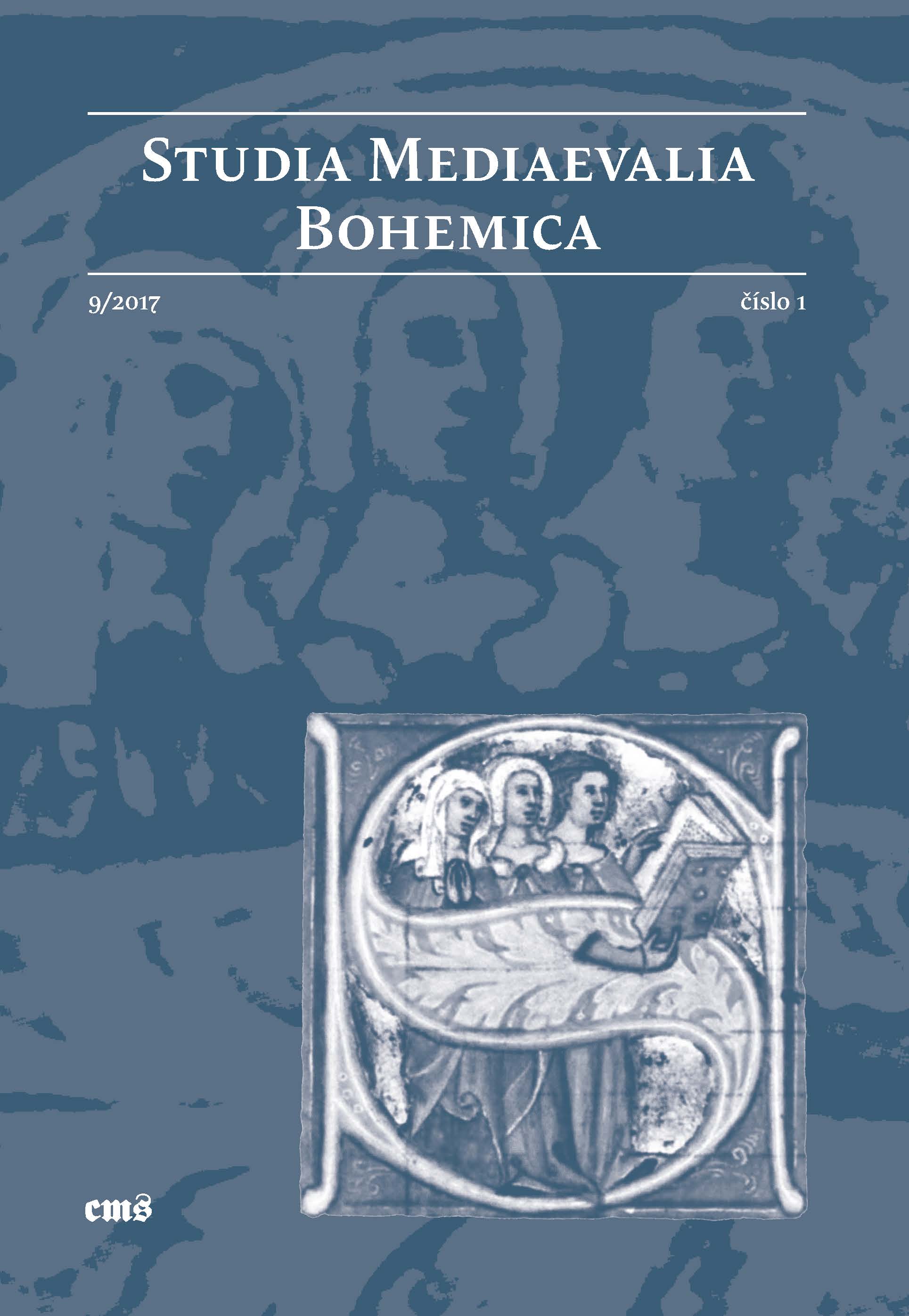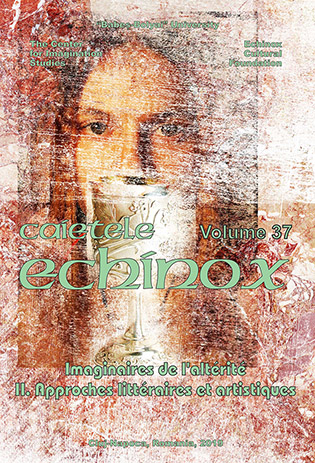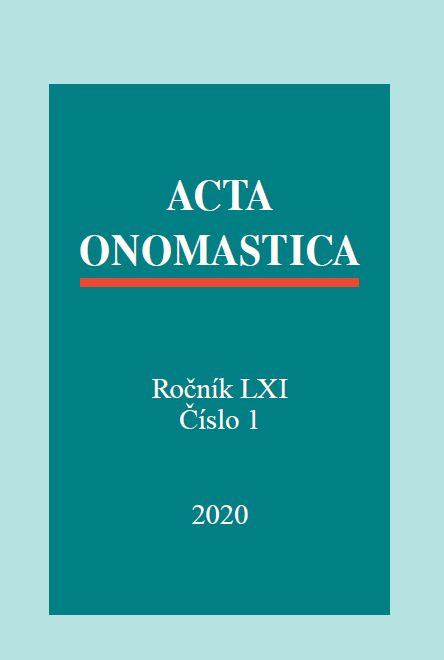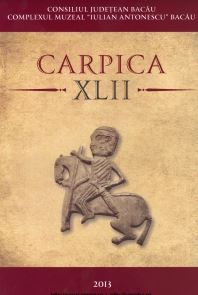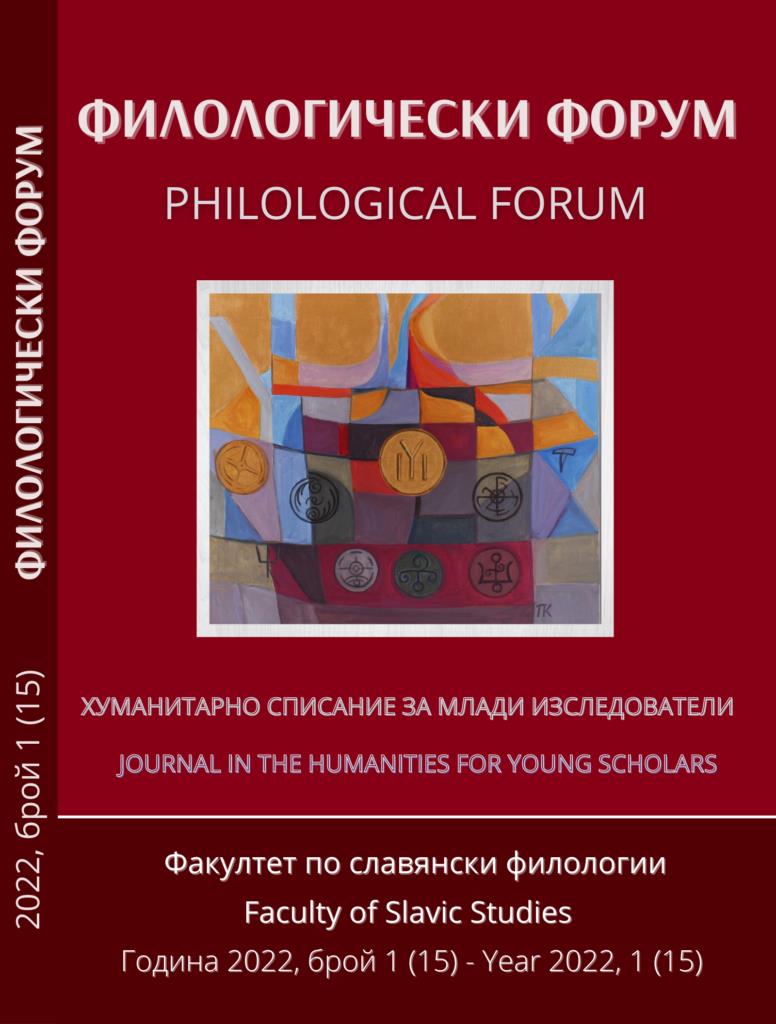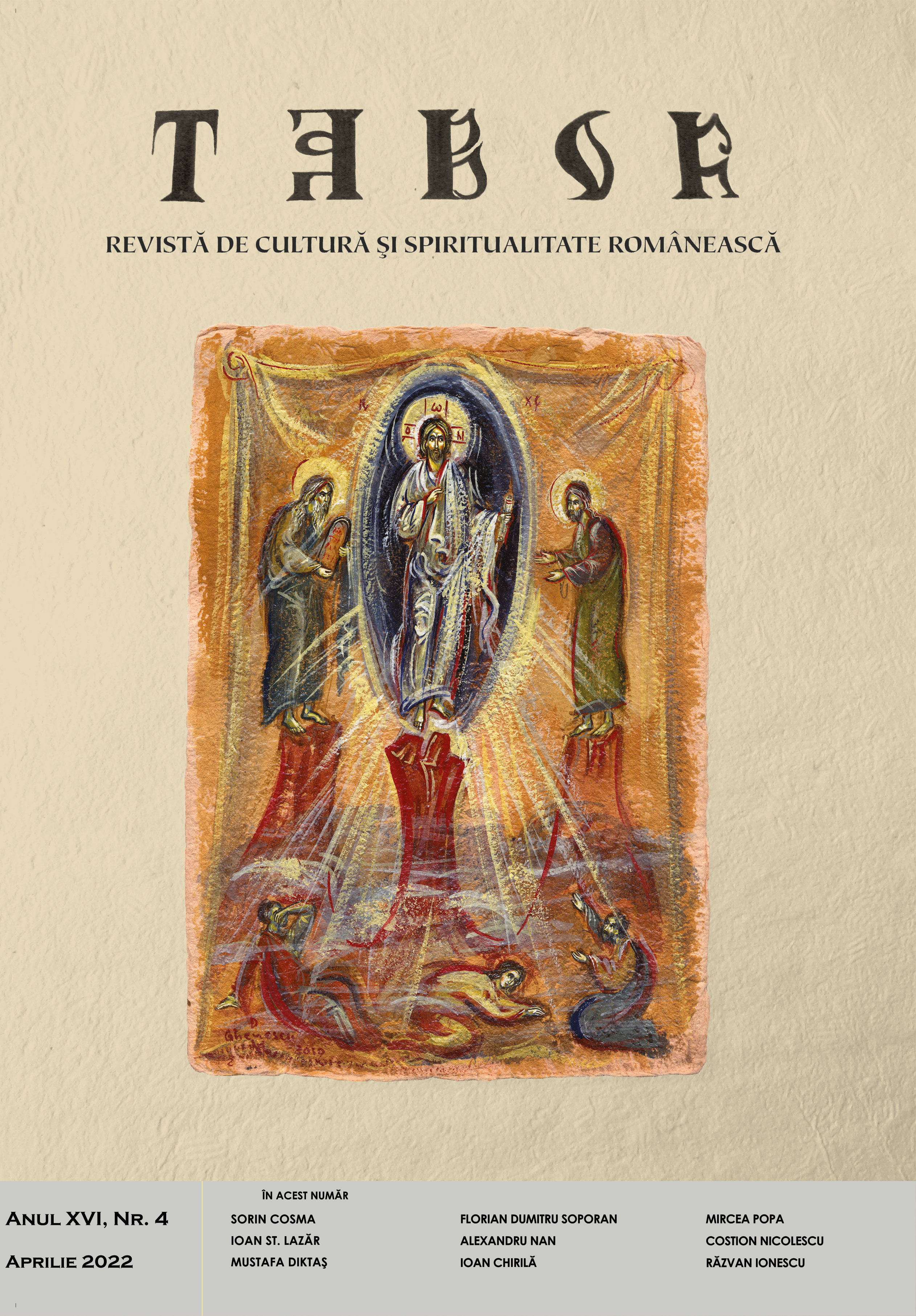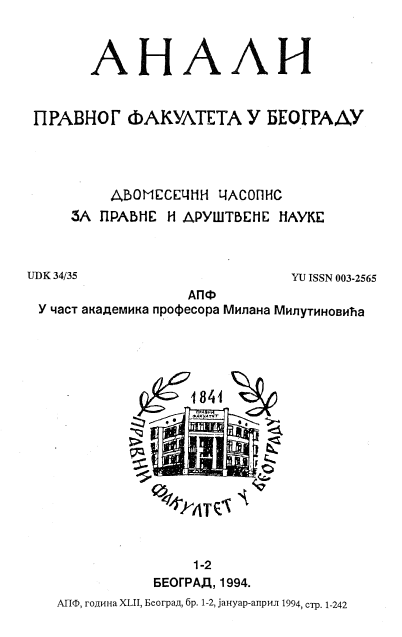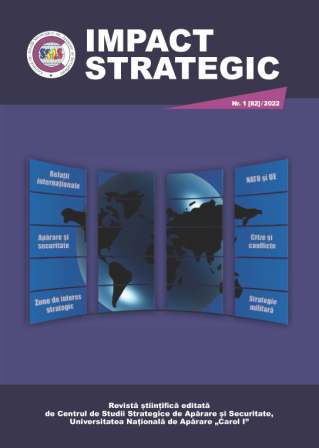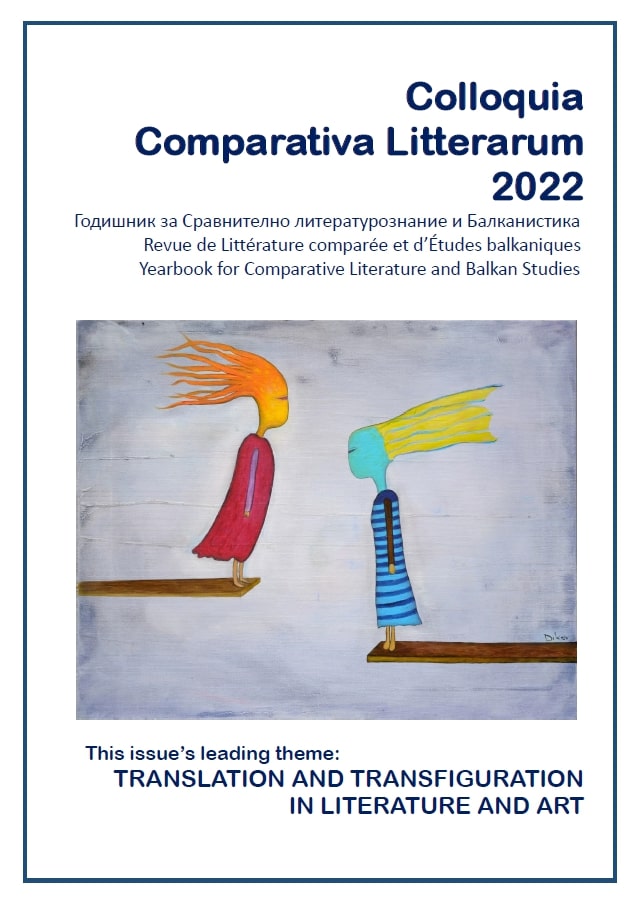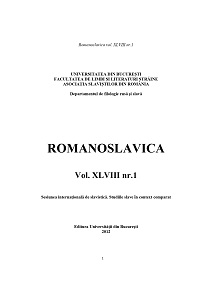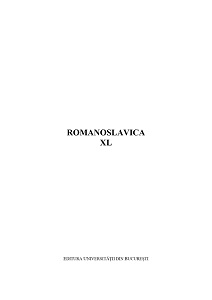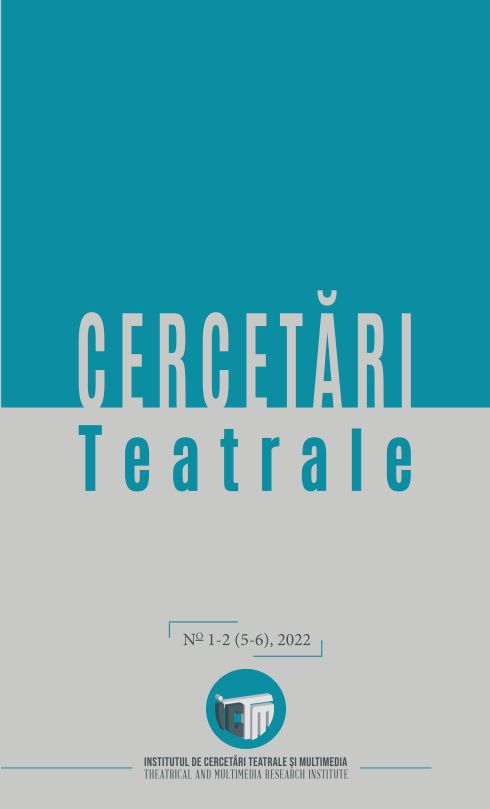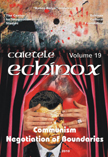
The Post-War Romanian Literature. Limitations, Prerogatives, Functions
La littérature roumaine d’après-guerre Limites, privilèges, fonction
Keywords: Romanian Literature; Post-Communism; Propaganda Literature; Resistance Literature; Underground Literature; Memory.
The article "The Post-War Romanian Literature. Limitations, Prerogatives, Functions" seeks to clarify the main features of the Romanian post-war literature in terms of its relationship with the Communist authorities and their directives. Thus, one can distinguish between a type of literature that turns into propaganda and a type of literature that attempts to circumvent the political and preserve individual values such as: memory, personal histories, Self-culture. The article also drafts the biography of the Post-Communist Romanian literature, focusing on the deep felt need to reorganize its status, vision and themes.
More...
